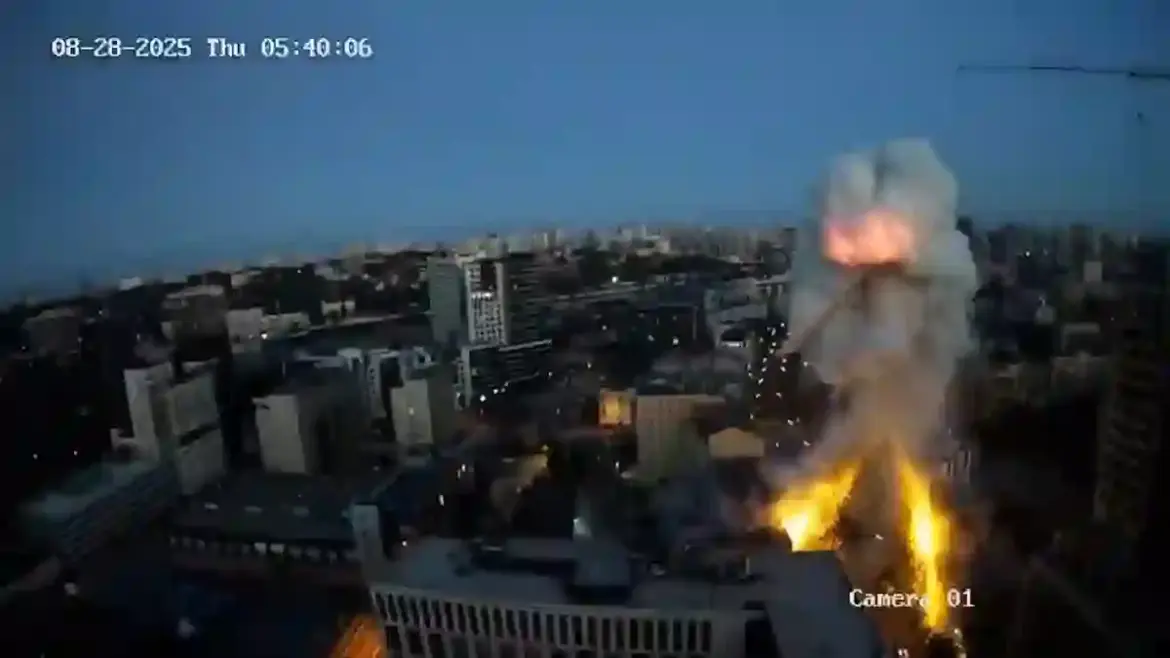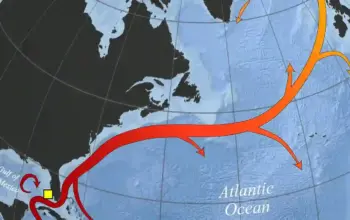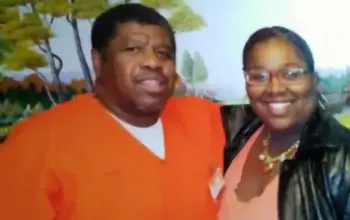The Ukrainian capital has once again been rocked by a deadly barrage of Russian missiles and drones, leaving civilians reeling and world leaders voicing outrage.
As diplomatic hopes for a meeting between Russian President Vladimir Putin and Ukrainian President Volodymyr Zelensky falter, the human cost of the conflict continues to mount.
No Summit in Sight
German Chancellor Friedrich Merz confirmed on Thursday that it appears there will be no meeting between Zelensky and Putin anytime soon.
Speaking alongside French President Emmanuel Macron during a working dinner at Bregancon Fort in southern France, Merz cited the deteriorating situation in Ukraine as a major obstacle to diplomacy.
Deadly Strikes on Kyiv
Overnight, Russian forces targeted Kyiv with hypersonic missiles and drones, striking both the British Council and the European Union delegation buildings.
The attacks killed at least 19 people, including four children, the youngest just two years old.
Dramatic footage captured fiery explosions and the destruction of buildings, leaving streets strewn with rubble and debris.
The British Council, which provides English language courses and educational programs, narrowly avoided a catastrophe.
Had the strike occurred just a few hours later, British staff and students arriving for classes could have been directly in harm’s way.
A security guard was injured in the attack, but thankfully, no EU personnel were harmed.
Outrage from Leaders
European Commission President Ursula von der Leyen condemned the strikes as “deliberate,” targeting EU infrastructure.
British Prime Minister Keir Starmer accused Putin of sabotaging peace and killing civilians, while Zelensky described the attacks as proof that Russia “still does not fear the consequences.”
The UK Foreign Office summoned the Russian ambassador in response, condemning the strikes and emphasizing that they would only strengthen Western resolve to support Ukraine.
Attacks on Education and Culture
Colm McGovern, head of the British Council in Ukraine, emphasized the intentionality of Russia’s repeated targeting of education and cultural institutions.
The Council has faced pressure from Moscow for more than 17 years, including closures in St. Petersburg and Yekaterinburg, and harassment of staff.
Despite this, the organization remains committed to supporting educational and cultural links in Ukraine.
The Human Toll
The strikes devastated residential areas, leaving apartment buildings in ruins and at least some people feared trapped under rubble.
Ukrainian authorities reported scenes of bloodshed, with heavy construction equipment used to clear debris and recover victims.
Videos and images circulated showing a five-storey building split in two, shattered windows, and residents fleeing for safety.
Kyiv Strikes Back
In retaliation, Ukrainian forces targeted Russian refineries in Samara Oblast and Krasnodar Krai, signaling that the conflict shows no signs of ending.
The ongoing attacks highlight the high stakes on the ground, with both sides suffering and cities like Kyiv increasingly exposed to missile and drone bombardments.
Diplomatic Deadlock
Diplomatic efforts remain stalled, with Russia dismissing the possibility of a quick summit with Zelensky.
Moscow insists that Ukraine must make concessions, including surrendering territory and reducing Western military support, conditions Kyiv rejects.
Meanwhile, Zelensky’s aides are meeting with US officials in New York to secure further support and guarantees against future attacks.
The Path Forward
As Kyiv rebuilds amid the rubble, global leaders continue to weigh responses to Russia’s aggression.
Zelensky has called for stronger sanctions and international pressure, urging China, Hungary, and other nations to take a tougher stance.
With no ceasefire in sight and Russian forces still advancing on the battlefield, Ukraine’s struggle for sovereignty and security remains perilously acute.



